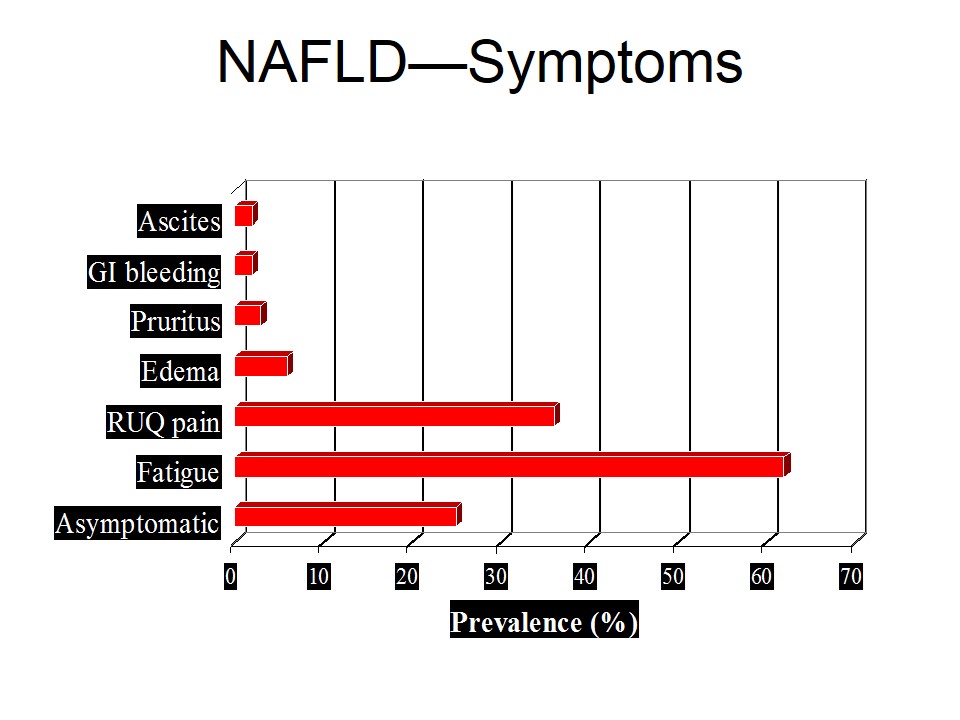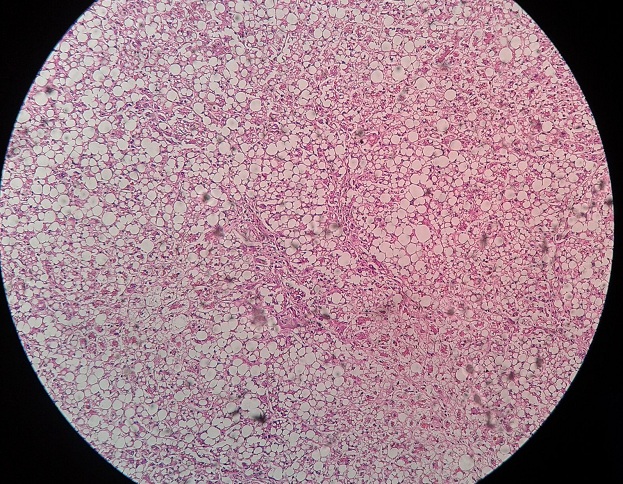Oliguria
Oliguria is the passage of less than 400 mL of urine in 24 hours while anuria is the failure to pass any urine at all.
Causes
1. Renal circulatory insufficiency
2. Dehydration, e.g. vomiting, diarrhoea
3. Shock e.g. haemorrhage and burns
1. Renal causes
- Nephrotoxins
- Acute tubular necrosis
- Acute glomerulonephritis
- Acute interstitial nephritis
- Vascular lesions
2. Post renal (obstructive)
- Prostate hypertrophy
- Calculi
- Pelvic tumours
- Retroperitioneal fibrosis
3. Others
- Mismatched transfusion (haemoglobinuria)
- Crush injuries (myoglobinuria)
Anuria
- Before diagnosing anuria, we must make sure that the patient does not have a palpable bladder (if he or she is not catheterized) and is not therefore in acute retention, if the patient is catheterized that the catheter is not blocked.
- As indicated above, anuria is more likely to be a symptom of an obstructive lesion rather than one of renal hyperfusion or an intrinsic renal lesion.
Examination
General
- If the patient has a catheter in situ, make sure that it is not blocked.
- If the patient does not have a catheter in situ, palpate the lower abdomen for a distended bladder associated with acute retention.
- Palate the abdomen to exclude swelling of the kidneys and perform a rectal examination to exclude prostatic hypertrophy,
Specific
- All causes of oliguria are likely to have some common features on examination.
- The patient will be dyspnoeic due to pulomonary oedema and will either have sacral oedema (if confined to bed) or ankle oedema (if ambulant).
- There may be confusion, drowsiness or coma.
- Hypertension and arrhythmias may be present.
- The patient will be nauseated, may be vomiting, have hiccups, and there may be evidence of gastrointestinal haemorrhage.
- Spontaneous bruising may occur eventually.
General investigations
FBC, ESR
Hb decreased anaemia, renal failure, haemorrhage.
WBC increased infection.
ESR increased some causes of glomerulonephritis.
U&Es
Urea increased creatinine increased in renal and post-renal causes. These may rise in renal hypoperfusion if not adequately treated.
ECG
Arrhythmias, Associated with electrolyte imbalance, e.g. hyperkalaemia.
X-ray chest (CXR)
Pulomonary oedema. Cardiomegaly
Arterial blood gases (ABGs)
Metabolic acidosis
Mid Stream Urine (MSU)
Red cells, casts and protein in intrinsic renal disease.
Hb positive but no red blood cells suggests myoglobinuria or haemoglobinuria.
Urine electrolytes
Urine osmolality
Specific investigations
Ultra sound
Obstructive lesion
Cystoscopy and ureteric catheterisation with retrograde pyelography
Cause of obstruction, possible relief of obstruction
Antegrade pyelography
Cause of obstruction. Relief of obstruction
DMSA scan
Renal function. Infarction. Absent outline of kidney.
 howMed Know Yourself
howMed Know Yourself




